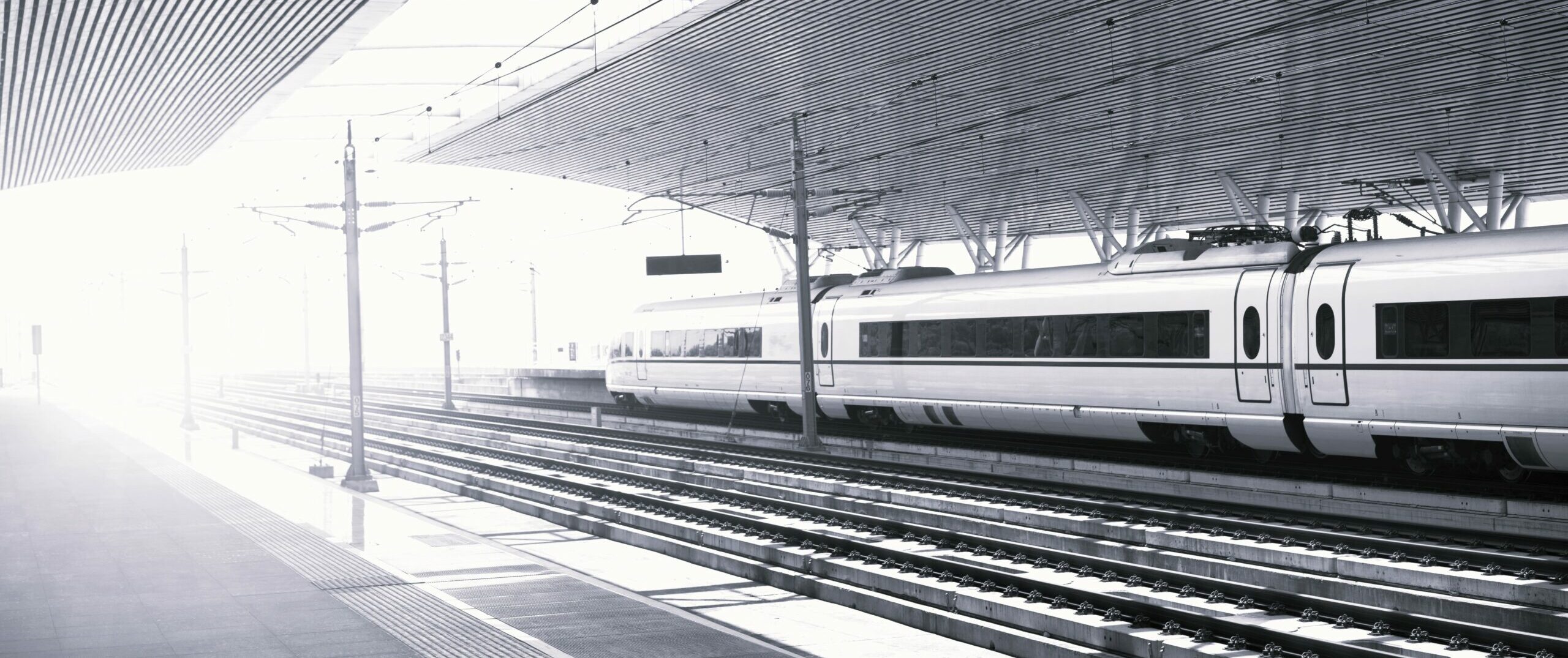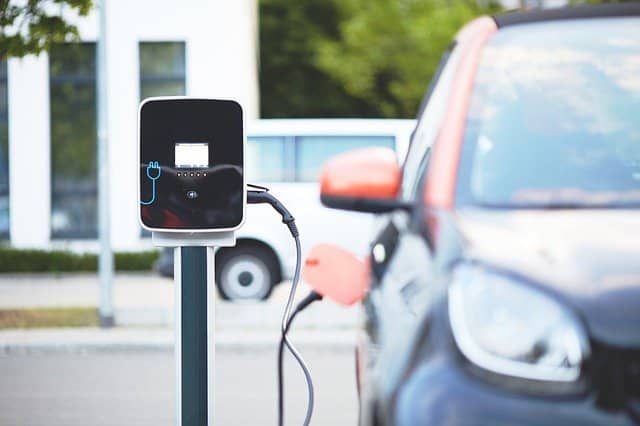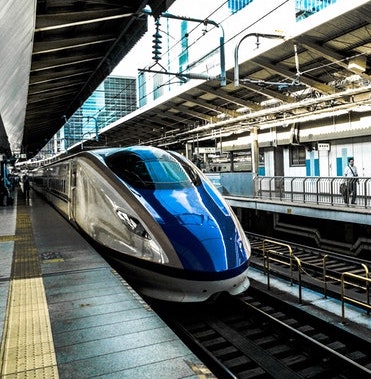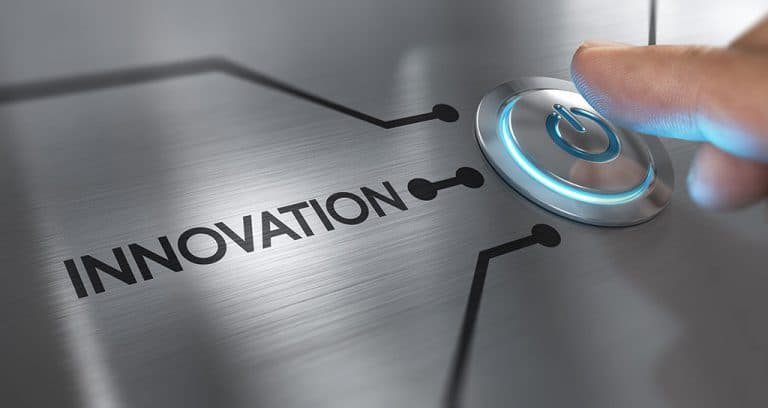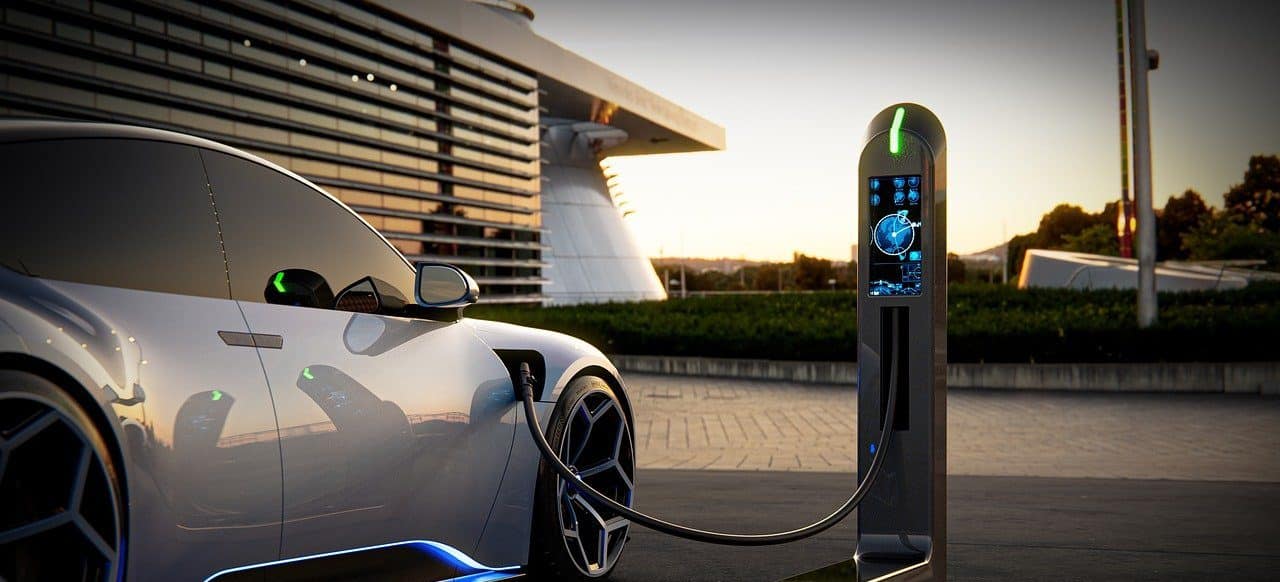The industry has been facing a real structural change since the economic shock of the Covid crisis and its aftermath (shortage of semiconductors, sharp rise in raw material and energy costs):
As energy transition accelerates, France and the European Union have set targets of carbon neutrality by 2050 (Net Zero Initiative, Ademe) and 55% greenhouse gas reduction by 2030 (Fit for 55, EC).
Decarbonising transport is proving challenging. The transport sector, for example, was the largest contributor to France’s greenhouse gas emissions at the beginning of the 2000s and will account for 30% of national emissions by 2021.
In this context, the automotive industry is accelerating its transformation towards the decarbonisation of its activities, all in the context of the Factory 4.0 model, which is both an incentive and a necessary factor in this evolution.
Achieving this objective will require major investments, but all those involved in the industry must continue to compete to create a vehicle that is not only affordable, but also green, connected, intelligent and automated.
The French government is therefore launching aid and investment plans to promote research and development efforts and to modernise industrial plants, the inputs needed to ensure that these plants operate efficiently, and suppliers to promote a short supply chain of high quality.
